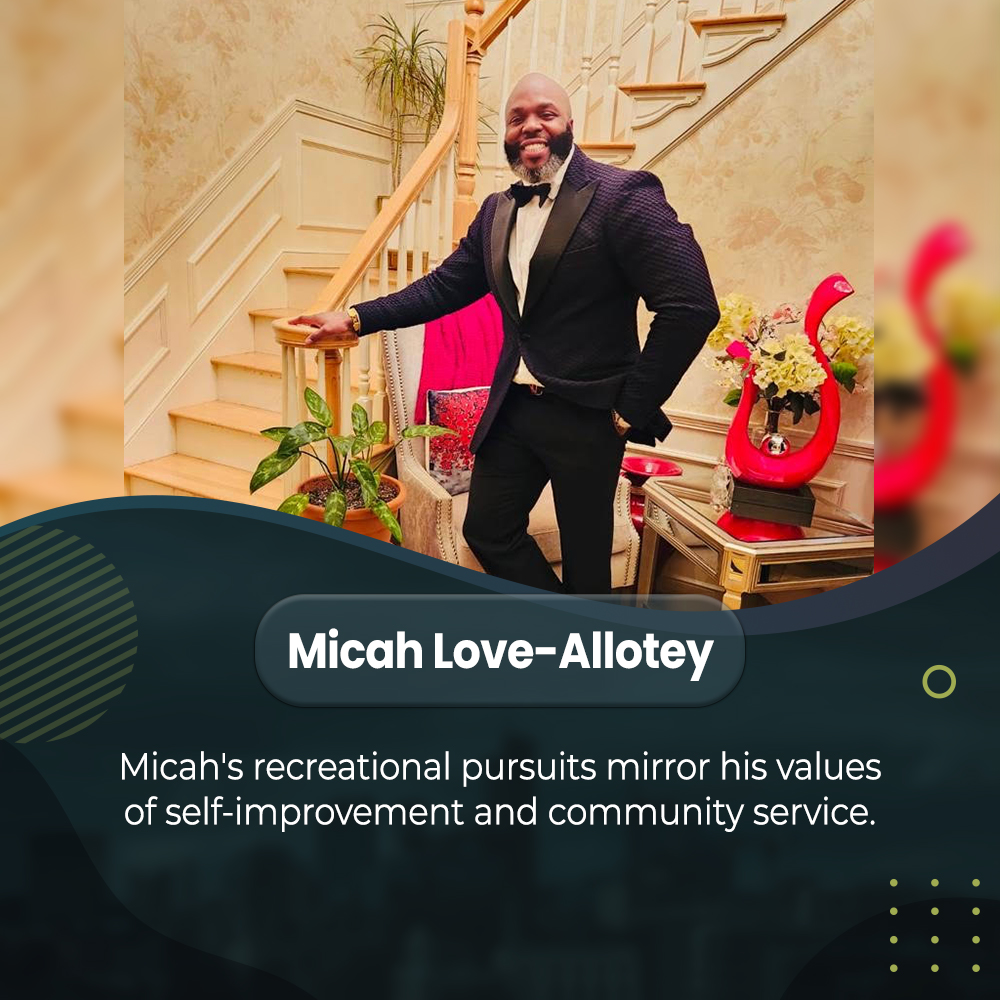
In the competitive realm of basketball, where the focus often narrows to winning games and honing individual skills, the importance of fostering an inclusive environment cannot be overstated. Inclusive coaching is about creating a team culture that values diversity, promotes equality, and respects each player’s unique background and abilities. By prioritizing inclusivity, coaches can develop more robust, more united teams that excel not just on the court but in character and camaraderie as well.
Understanding Inclusivity in Sports
Inclusivity in sports means ensuring that everyone, regardless of their race, gender, sexual orientation, disability, or socio-economic background, has equal opportunities to participate and succeed. It’s about recognizing and celebrating differences and leveraging them to build a team that is diverse in thought, experience, and skill. Inclusive coaching involves creating a safe space where all players feel valued and heard and where their differences are seen as strengths.
Building an Inclusive Team Culture
Creating an inclusive team culture starts with the coach. Coaches must lead by example, demonstrating respect and appreciation for diversity in every interaction. This includes:
Active Listening and Open Communication: Encourage open dialogue among team members about their experiences, perspectives, and challenges. This fosters understanding and empathy, helping players to see the world through their teammates’ eyes.
Equitable Opportunities: Ensure that all players have equal access to playtime, training resources, and support. Recognize and challenge any biases in decision-making processes.
Celebrating Diversity: Acknowledge and celebrate cultural, racial, and individual diversity within the team. This can include recognizing special dates, sharing different cultural practices, or inviting speakers to discuss topics related to diversity and inclusion.
Strategies for Inclusive Coaching
Personal Development
Invest in personal development to better understand issues related to diversity, equity, and inclusion. This can include attending workshops, reading books, or participating in forums that focus on inclusivity in sports. The more a coach understands the barriers to inclusion, the better equipped they will be to dismantle them.
Setting Clear Expectations
From the outset, establish clear expectations for behavior and interaction among team members. This includes zero tolerance for discrimination, bullying, or exclusionary behavior. Make it clear that respect and kindness are non-negotiable elements of team participation.
Inclusive Communication
Adopt communication strategies that include everyone. This involves using language that is non-discriminatory and respectful of all genders, abilities, and backgrounds. It also means ensuring that communication channels are accessible to all team members, taking into account different languages, learning styles, and physical abilities.
Empowering Players
Empower players by involving them in decision-making processes, giving them leadership opportunities, and encouraging them to speak up about their experiences and ideas. This not only boosts their confidence but also enriches the team’s dynamics with diverse perspectives.
Challenges and Solutions
Resistance to Change
Resistance from players, parents, or the broader community can be a challenge. Address resistance through education and dialogue and by demonstrating the benefits of an inclusive environment, such as improved team performance and player well-being.
Navigating Cultural Differences
Cultural differences can lead to misunderstandings or conflicts. Encourage cultural competency within the team by educating players about different cultures and creating opportunities for cultural exchange and celebration.
Lack of Resources
Implementing inclusive practices may require resources that are not readily available. Seek partnerships with local organizations, apply for grants, or organize fundraising events to support inclusivity initiatives.
Inclusive coaching in basketball is not just about building a winning team; it’s about fostering an environment where all players feel valued, respected, and empowered. By embracing diversity and working to remove barriers to inclusion, coaches can create a positive and supportive team culture. This approach not only enhances individual player development but also sets a foundation for lifelong respect, empathy, and teamwork. In the end, the lessons learned through inclusive coaching extend far beyond the basketball court, preparing young athletes for success in a diverse and interconnected world.